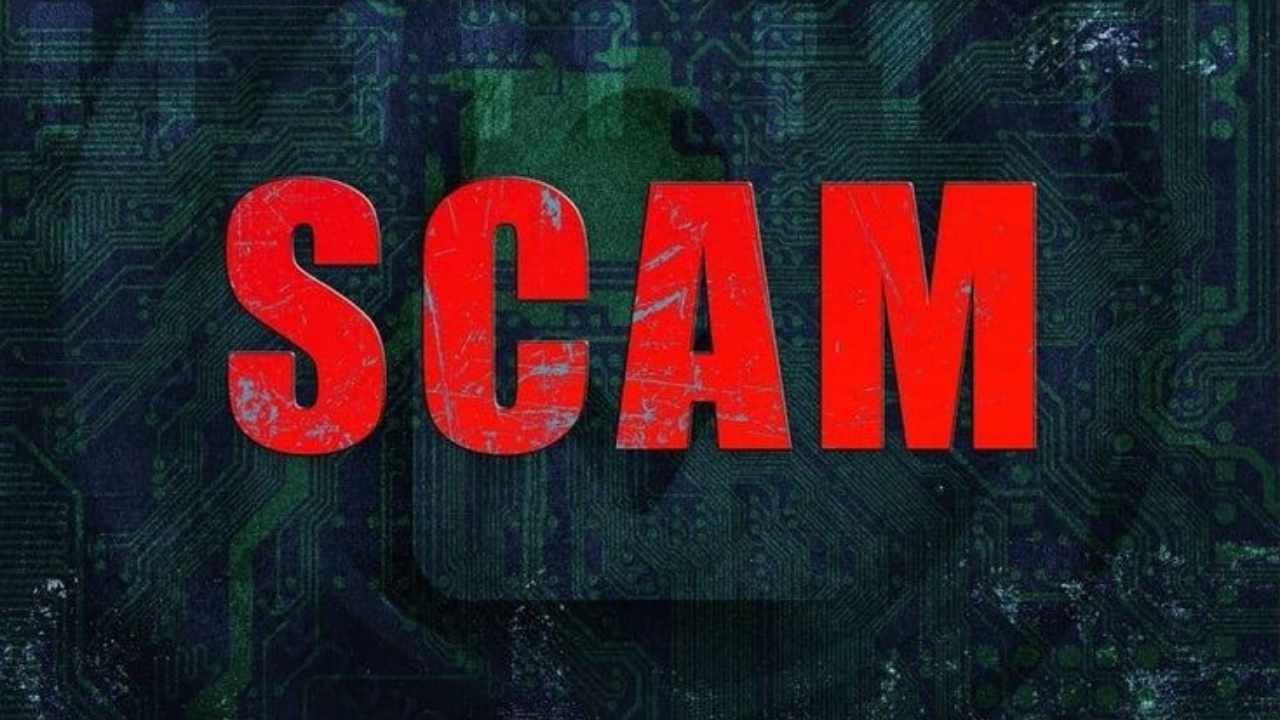The United States House is expected to vote to revoke the IRS DeFi broker rule following last week’s victory in the Senate with a resounding 70-27 vote to overturn a controversial IRS rule targeting decentralized finance (DeFi) brokers.
With help from important people like Senate Majority Leader Chuck Schumer and Senator Mark Warner, this win shows growing worry about how the rule hurts new technology.
The March 2024 rule changed what “broker” means in the tax code to include DeFi platforms. The goal was better tax collection on cryptocurrency, but it caused problems immediately.
White House Supports the Repeal
The White House crypto and AI advisor, David Sacks, has voiced strong support for the congressional repeal of the IRS DeFi broker rule. The administration shares concerns that the regulation could stifle American innovation and compromise taxpayer privacy by mandating the disclosure of sensitive financial data.
“This rule, issued as a midnight regulation in the final days of the previous administration, would stifle American innovation and raise privacy concerns over the sharing of taxpayers’ personal information, while imposing an unprecedented compliance burden on American DeFi companies,” Sacks said in a statement.
This decision reflects a balancing act: ensuring compliance while fostering growth within the decentralized finance (DeFi) sector. This alignment with industry advocates represents a significant step toward more sophisticated regulation in the rapidly expanding digital asset space.
The Rule Draws Mass Discontent
A December 2024 IRS regulation, predating the Trump administration, ignited swift opposition within the cryptocurrency sector. Critics argued it would drive businesses overseas and stifle innovation despite its 2027 implementation date.
Moreover, critics argued the rule was hard to use and covered too much, hurting the growing DeFi industry. Many DeFi platforms are private and don’t use real names, making it hard to follow the rules. This puts a big load on businesses and could stop new ideas. Plus, worries about privacy problems and the rule not fitting with how DeFi works led to people opposing it.
This policy designates decentralized finance (DeFi) platforms facilitating digital asset exchanges and wielding significant control over transactions as brokers subject to heightened reporting mandates. The IRS projects this will impact 650 to 875 DeFi brokers, requiring data collection commencing in 2026.
Get Trending Crypto News as It Happens. Follow CoinTab News on X (Twitter) Now












